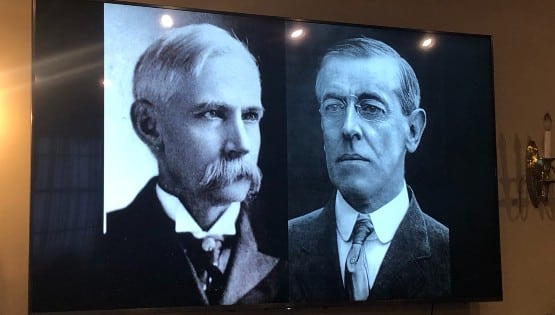
Last month, the TSA announced that it would prohibit its employees from using the TikTok app on federally issued devices following concerns from the U.S. intelligence community regarding the app’s lack of transparency about potential security vulnerabilities.
As a Chinese-owned company, TikTok is required by law in China to comply with information and data requests from the Chinese government.
Spanberger’s amendment would codify TSA’s policy to prohibit employees from downloading or using TikTok on government-issued devices. The amendment was included as part of the bipartisan Rights for Transportation Security Officers Act, which Spanberger cosponsored.
“There are real concerns that this app could also collect information on users in the United States to advance Chinese counterintelligence efforts,” Spanberger said. “And because it could become a tool for surveilling U.S. citizens or federal personnel, TikTok has no business being on U.S. government-issued devices.
“While entrusted with keeping Americans safe, our security personnel should not use apps that could compromise federal government data,” Spanberger said.
The prohibition on TikTok would not apply to the personal phones of TSA personnel.
The passage of Spanberger’s legislation builds on her work to identify and combat threats posed by Chinese technologies to U.S. consumers and businesses. Yesterday, the U.S. Senate unanimously passed Spanberger’s bipartisan legislation to build a national strategy to protect 5G telecommunications systems in the United States and among U.S. allies.
The Spanberger-led Secure 5G and Beyond Act would require the administration to develop an unclassified, national strategy to protect U.S. consumers and assist allies in maximizing the security of their 5G telecommunications systems. This strategy would also identify additional ways to spur research and development by U.S. companies in a way that maintains reliable internet access.
In January, the House voted 413-3 to pass the House version of Spanberger’s Secure 5G and Beyond Act.










